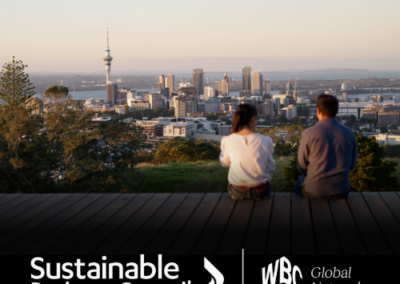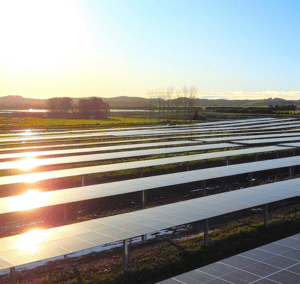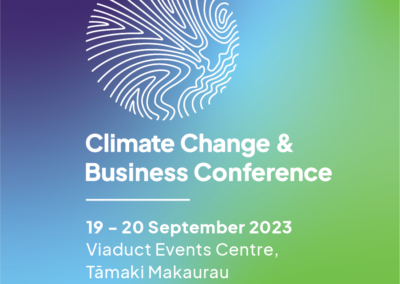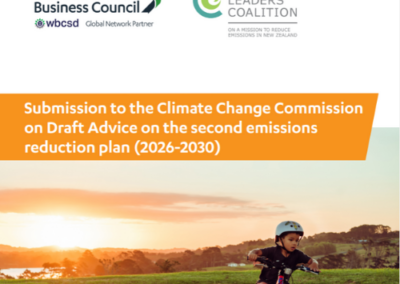Action on Climate and Nature
Accelerating the transition to a future that is zero emissions, resilient, and nature regenerative.
Our vision
SBC works with members to promote business leadership and action on climate change. This includes enabling members to measure, report on,
and reduce their emissions, particularly on New Zealand’s key transition opportunities. We also support our members to build the resilience to
adapt to a changing climate and provide or seek sustainable sources of finance.
Our members fundamentally recognise that mitigating emissions and adapting to a changing climate will take an all of economy effort, and as
such, government policy and the engagement of the public is essential to success.
Using the collective voice of members, we engage the government and other stakeholders on viable pathways to a zero-emissions future. We do this in conjunction with the Climate Leaders Coalition.
Additionally, we recognise that to restore the health of the planet, we must invest in nature, including biodiversity, water ecosystems, forests, and soil. This is particularly critical in New Zealand, as so much of our economic success relies on nature, including agriculture and tourism.
Nature is impacted by climate change, and it can also provide solutions to climate change. The relationship to the natural world is intrinsic to
te ao Māori, and we can learn a great deal from tangata whenua about how to contribute to a zeroemissions and nature regenerative future.
Work programme
Advocacy on climate policy
Mitigation, adaptation and transition. Read our past advocacy submissions here.
Member collaborations
Learn more about our core collaborations (agriculture, transport and freight) here.
Climate Leaders Coalition secretariat
Learn more about CLC here.
And more
Capability building, thought leadership, education and advice on emerging frameworks, support with executive engagement, and best practice on nature.
Outcomes
- SBC members are collectively demonstrating meaningful progress in reducing emissions, leading out on the ambition set out in the
Climate Change Response Act, Emissions Budgets, the Emission Reductions Plan and the National Adaptation Plan. - SBC members, and their leaders, are identifying and advocating for policies that will enable businesses to transition toward a net zero economy and support society to adapt to a changing climate.
- SBC members are collaborating to enact sector pathways and other initiatives that enable a just transition to a zero-emissions economy and a climate-resilient future.
- SBC members understand new approaches to regenerating nature and are taking action.
Antonia joined the SBC team in 2023 after having spent 5 years working at the Climate Change Commission, and its predecessor, the Interim Climate Change Committee, where she led the development of the second emissions reduction plan advice. Prior to this she worked in roles in the Ministry for Business, Innovation and Employment, and at the Department for Energy and Climate Change in the UK.
Charlotte oversees SBC’s Action on Climate and Nature work programme, with a focus on low carbon transport, adaptation and nature. A believer in living the best sustainable lifestyle she can and a passion for helping organisations realise the positive role they can have on the environment, their people, and their stakeholders.
Pages and resources

Climate Change Commission Pathways consultation

Q&A with The Warehouse Group on historic solar milestone

Climate Change & Business Conference marks 15th anniversary with biggest event yet

SBC partners with MoT to deliver feasibility study focused on decarbonising heavy freight

Renewable Freight Certificate Feasibility Report

Annual Snapshot 2023

SBC and CLC Joint Submission to the Ministry for the Environment – August 2023

SBC and CLC Joint Submission to the Climate Change Commission – June 2023

15th Climate Change & Business Conference to focus on delivering Net Zero

SBC National EV Charging Strategy Submission

SBC welcomes significant announcement to reduce emissions

